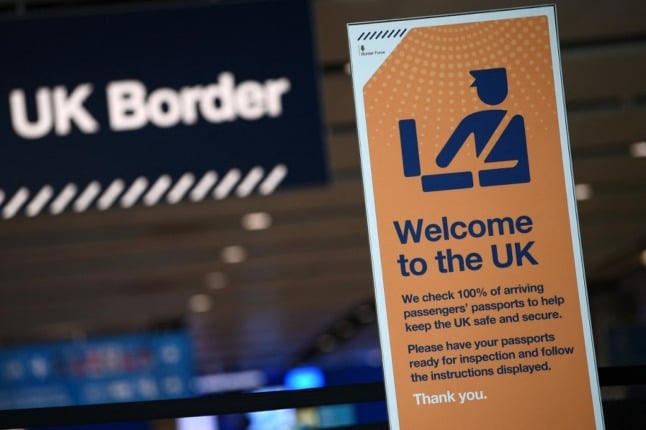Customers of Barclays Bank who are living in Italy have received letters telling them their UK accounts will be closed by the end of the year.
There does not appear to be an option to register for a different account.
Several readers of The Local have reported receiving letters or messages via online banking telling them that their accounts would be closed because of their residency status.
A Barclays spokesperson told The Local: “As a ring fenced bank, our Barclays UK products are designed for customers within the UK.
“We will no longer be offering services to personal current account or savings customers (excluding ISAs) within the European Economic Area. We are contacting impacted customers to give them advance notice of this decision and outline the next steps they need to take.”
Customers are being given six months to make alternative arrangements. The changes affect all personal current accounts or savings accounts, but do not affect ISAs, loans or mortgages.

During the Brexit transition period Barclays closed Barclaycard accounts of customers in Europe, but did not indicate any changes to standard bank accounts.
Around the same time several other British high street banks began closing accounts of British customers who live in the EU, although with the exception of Barclaycard customers in Italy were largely spared.
READ ALSO: Is new court ruling the end for Britons fighting to remain EU citizens?
The majority of UK nationals who live in Italy maintain at least one UK bank account – in addition to an Italian account – sometimes just for savings but others use their accounts regularly to receive income such as pensions, income from rental property, or salaries if they work remotely.
Not having a UK bank account can make financial transactions in the UK more complicated or incur extra banking fees.
Since Brexit, the UK banking sector no longer has access to the ‘passporting’ system which allows banks to operate in multiple EU countries without having to apply for a separate banking licence for each country.
And it seems that many UK high street banks are deciding that the extra paperwork is not worth the hassle and are withdrawing completely from certain EU markets.
When British banks began withdrawing services from customers in the EU back in 2020, a UK government spokesman told British newspaper The Times that “the provision of banking services is a commercial decision for firms based on a number of factors” so Brits in Italy probably shouldn’t hold their breath for any help from that direction.



 Please whitelist us to continue reading.
Please whitelist us to continue reading.
Member comments